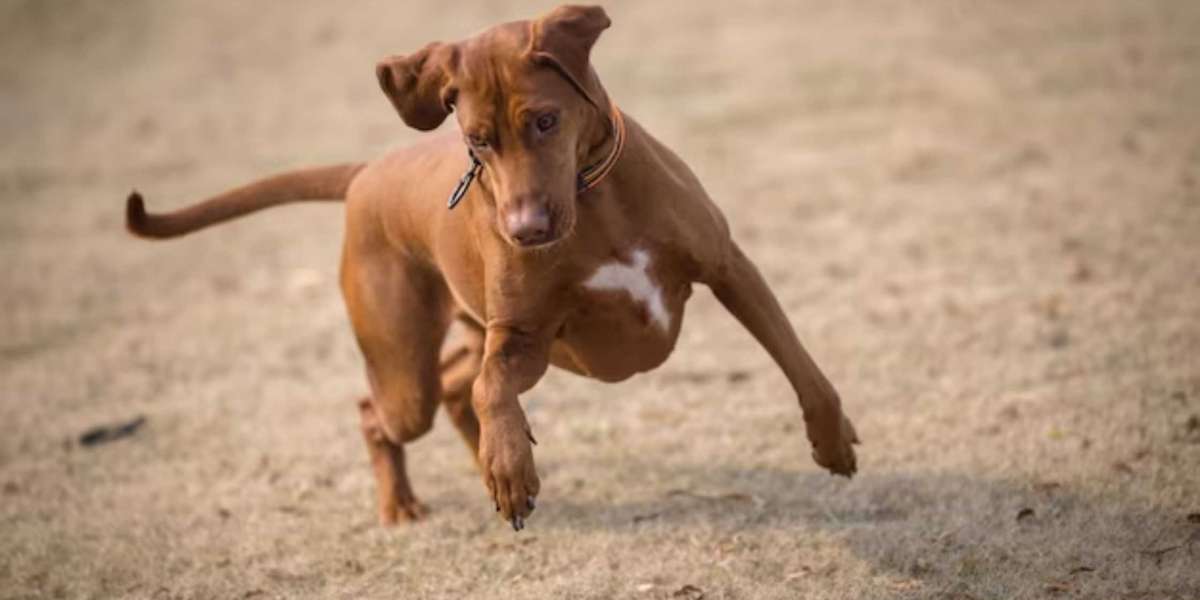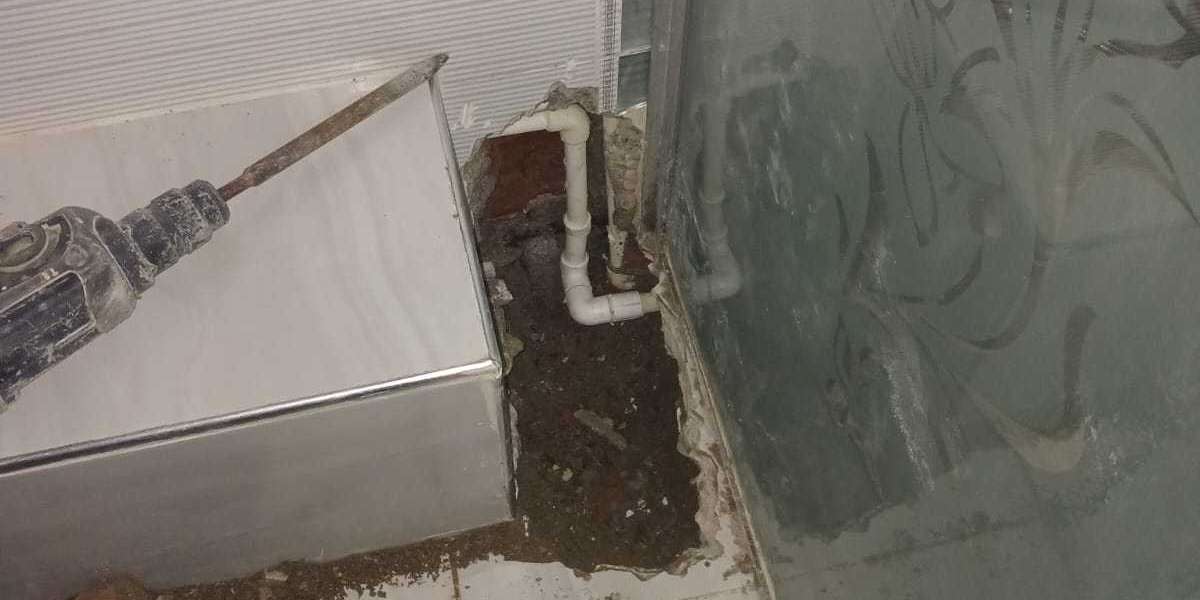If you've had your furry companion for many years, you've likely built a treasure trove of memories together. However, as dogs age, you may notice shifts in their behavior, such as indoor accidents. But fret not! Potty training an older dog is entirely feasible with patience and empathy.
Let's explore a straightforward guide to assist you in this endeavor.
Understanding Your Senior Dog's Needs:
Just like humans, as dogs get older, their bodies change. They might experience issues like decreased bladder control or mobility problems. It's essential to be patient and understanding during this time. Remember, they're not doing it on purpose!
Consistency is Key:
Consistency is crucial when it comes to potty training, especially for senior dogs. Establish a routine for bathroom breaks and stick to it. Take them out first thing in the morning, after meals, and before bedtime. The more consistent you are, the quicker they'll catch on.
Choose the Right Spot:
Designate a specific spot outside for your senior dog to do their business. This helps them understand where they should go and minimizes confusion. Take them to this spot every time they need to go, and praise them when they do their business there.
Watch for Signs:
Keep an eye out for signs that your senior dog needs to go potty, such as sniffing around or circling. By recognizing these signals, you can quickly guide them to the designated spot outside.
Reward Good Behavior:
Positive reinforcement goes a long way in potty training. When your senior dog goes potty outside, shower them with praise and maybe even a treat. This reinforces the behavior and encourages them to continue using the designated spot.
Be Patient and Understanding:
It's essential to be patient and understanding throughout the potty training process. Accidents will happen, especially with senior dogs who may have health issues or reduced bladder control. Never scold or punish them for accidents, as this can cause stress and anxiety.
Consider Health Issues:
Sometimes accidents indoors could be due to underlying health issues such as urinary tract infections or incontinence. If you notice a sudden change in your senior dog's bathroom habits, it's essential to consult with your veterinarian to rule out any medical concerns.
Use Potty Pads or Diapers if Needed:
In some cases, senior dogs may benefit from using potty pads indoors or wearing diapers to manage accidents. This can be especially helpful if your dog has mobility issues or struggles to hold their bladder for extended periods.
Stay Positive and Encouraging:
Remember to stay positive and encouraging throughout the potty training process. Your senior dog relies on your support and guidance, so make sure to offer plenty of love and reassurance as they learn.
Celebrate Progress:
Every step forward is a reason to celebrate! Whether it's going potty outside without reminders or having fewer accidents indoors, acknowledge and celebrate your senior dog's progress. This positive reinforcement will motivate them to continue improving.
Conclusion
Potty training your senior dog is a journey that requires patience, consistency, and understanding. By implementing the tips outlined in this guide and addressing any underlying health issues, you can create a positive and supportive environment for your furry friend as they navigate this stage of life. Remember, accidents happen, but with the right approach and pet care solutions, you can help your senior dog maintain their dignity and independence while keeping your home clean and comfortable for both of you.







